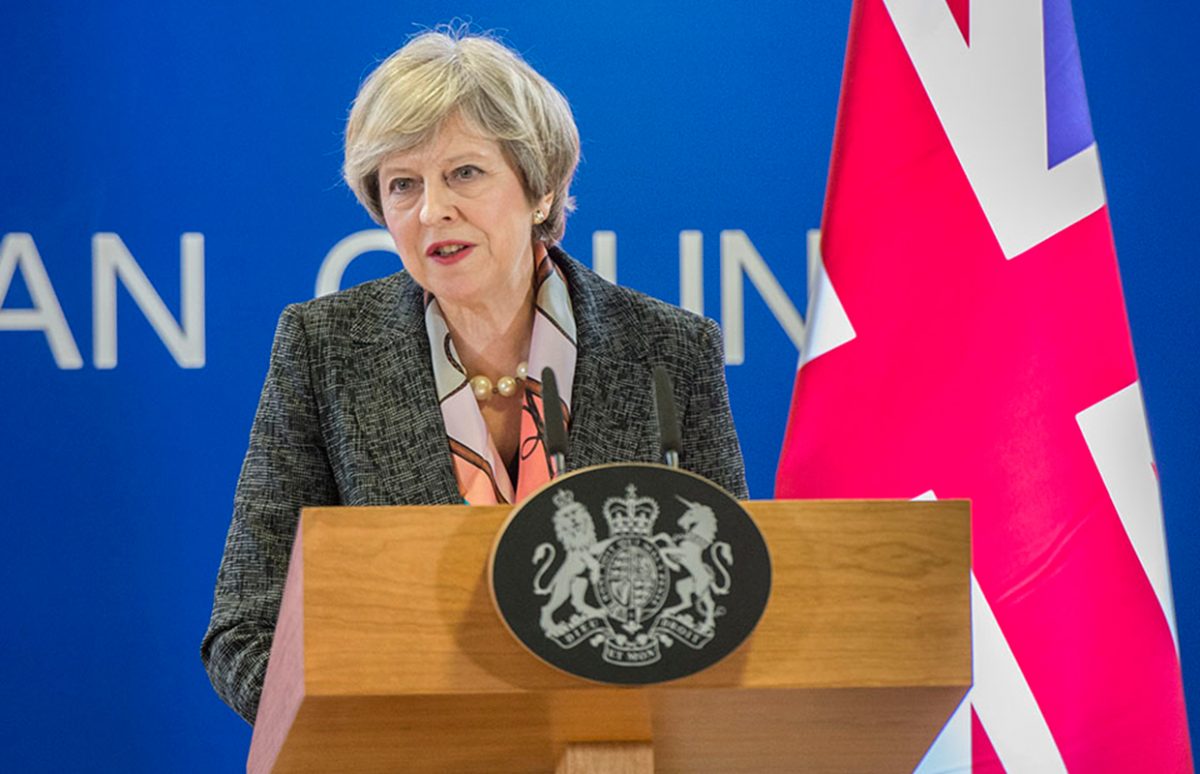It's taken the best part of a year since the British electorate voted to leave the EU. On 29 March, Prime Minister Theresa May finally triggered Article 50 to officially start the leaving procedure.
On 13 March, Parliament passed the EU Withdrawal Bill, which had been forced by a citizens' challenge in the courts opposing the government simply starting negotiations without consulting Parliament. Despite some opposition and amendments in the House of Lords, in particular about the status of EU citizens in the UK and UK citizens living elsewhere in the EU, the Bill passed unchanged and the government is free to launch the divorce procedure from Europe.
Two Years
The Treaty of Lisbon allows for two years negotiations' before a country effectively leaves the UK. Once Ms May triggers Article 50, the EU will first have to formally decide on a negotiating team and terms. These will be discussed at an EU summit on 29 April. The summit decision will have to be formally transformed into a mandate by the European Commission. So actual negotiations are unlikely to start until June, and then they will be mainly about the form and timetable of negotiations. It is believed that the EU team led by Michel Barnier will want to discuss the terms of separation before any discussion of a future trading agreement. The UK team led by David Davis will want both discussions to run in parallel.
Progress
Progress is likely to be slow, particularly since there will be general elections in two of the main EU countries, France and Germany, in the spring and autumn. Once the German election is over, things should be clearer. The negotiation teams will then aim to have an agreement on the terms of separation ready by the autumn of 2018, so that it could then be ratified by the European Council, European Parliament and UK Parliament before 29 March 2019.
And the UK Union?
In the meantime, the Scottish government led by the SNP's Nicola Sturgeon is demanding another Scottish independence referendum before the divorce from the EU, since the terms of the British Union have been substantially changed, and Scotland voted massively to remain in the EU. Similar discontent is being voiced by the Republican party Sinn Fein in Northern Ireland, but since there is no functioning Northern Ireland Assembly at the moment, there is no forum for it to be discussed.
Don't Hold Your Breath
So triggering Article 50 is a major milestone in the Brexit process but it simply starts the clock ticking. The rest of the process is largely a case of improvisation. The one thing that is certain is that it will be slow and complicated. For the rest, watch this space!
Copyright(s) :
Jay Allen/Crown Copyright





